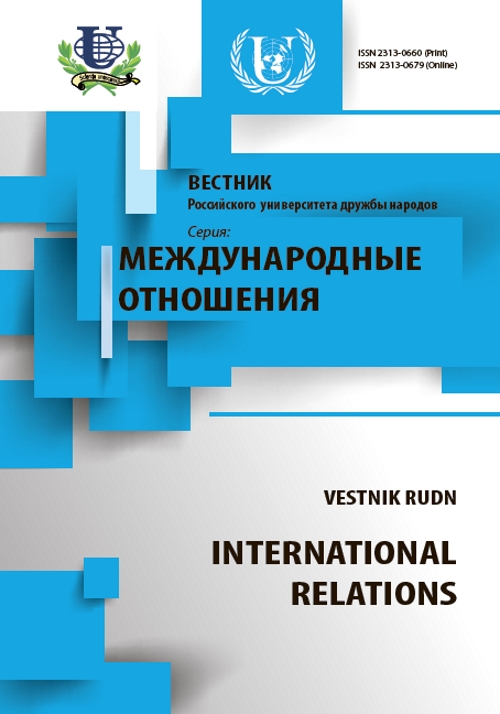Failure of the “Typhoon” Operation
- 作者: Akhtamzyan AA1
-
隶属关系:
- Moscow State Institute of International Relations (University) MFA of Russia
- 期: 编号 2 (2015): 70th anniversary of Victory in the Great Patriotic War
- 页面: 14-24
- 栏目: Articles
- URL: https://journals.rudn.ru/international-relations/article/view/10732
如何引用文章
全文:
详细
On the basis of a number of historical sources, memories of both Soviet and German military commanders and politicians, the author plays chronicling the events of 1941, when the operation «Typhoon» was launched by Nazi Germany (known as the Battle of Moscow in Soviet sources). In October 1941, the Wehrmacht troops have created a direct threat to Moscow. However, transfer to Moscow of «Siberian» divisions, coordinated work on the front and rear foiled the plans of the Nazi aggressors. Already on Dec. 8, 1941, Hitler issued a directive № 39 on the transition to defense on the Eastern Front. Starting from the defeat at Moscow German generals at the front began to doubt the correctness of the assessment of the military potential of the Soviet Union. The first major offensive of the Red Army had not only military but also moral and political significance. The defeat of the Wehrmacht divisions tens of Moscow had resonance throughout the world. One of the important consequences of the victory of the Red Army near Moscow was proclamation of allied relations between the Soviet Union and Great Britain and reach an agreement with the United States on the principles applicable to the common struggle against Germany.
作者简介
A Akhtamzyan
Moscow State Institute of International Relations (University) MFA of Russia
Email: timo_rudn@pochta.ru
Department of History and Politics of Europe and America
参考








